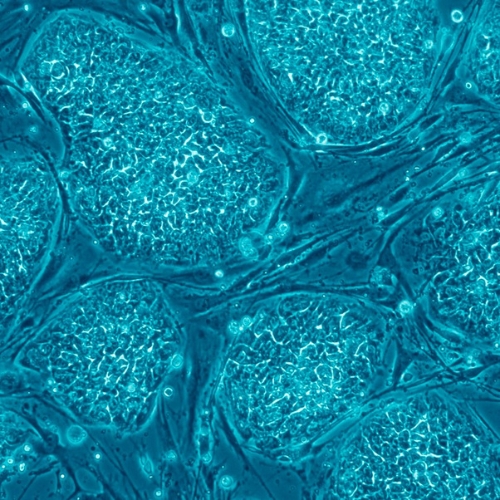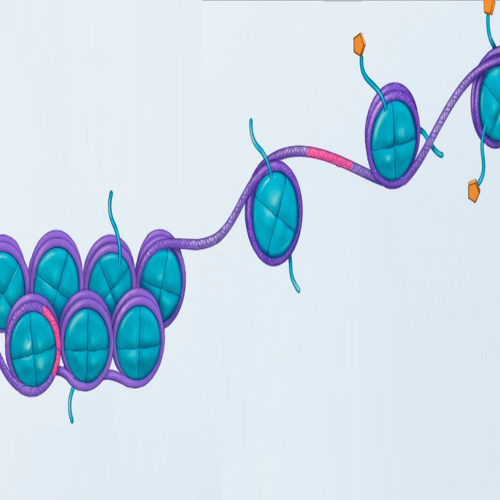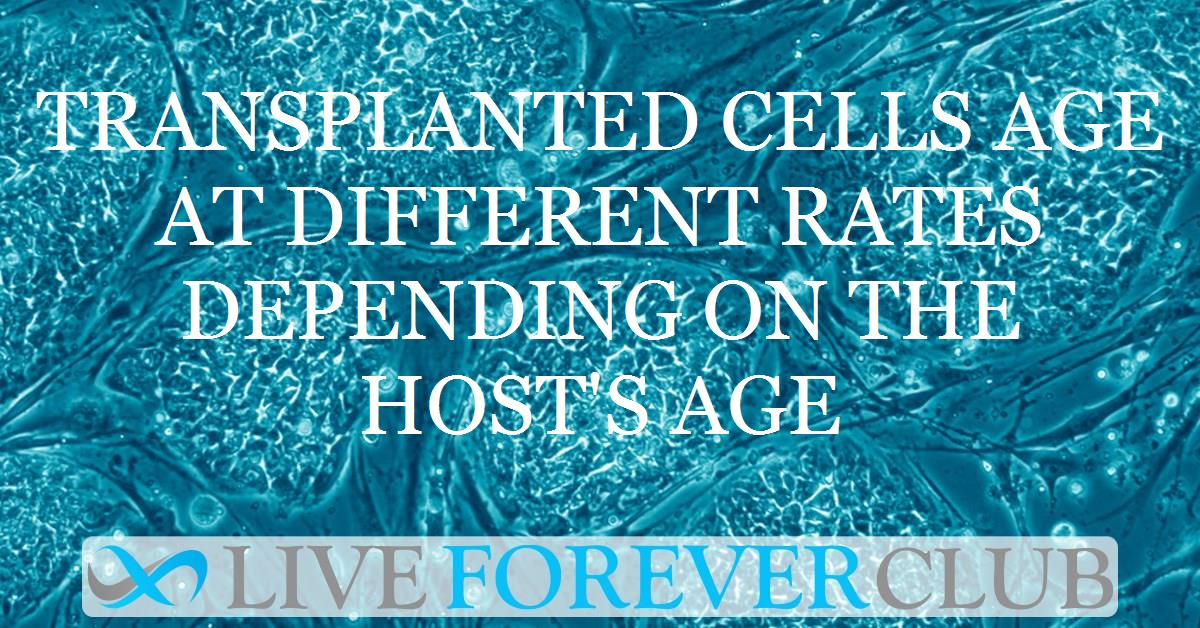Imagine this: you have two identical seeds, bursting with potential. One you plant in a lush, vibrant garden, teeming with life and nutrients. The other goes into a barren patch of parched soil, its future uncertain.
Just like those seeds, our bodies are the soil, and our cells are the seeds. This fascinating new study from Oslo University Hospital reveals that, much like the garden, the internal environment of our bodies - shaped by age - can dramatically influence how our cells age.
The clever experiment
The research team approached their investigation with a strategy that revolved around analyzing the effects of transplanting healthy stem cells from one person into another. Here’s their study protocol:
Choosing the Participants
The study looked at cases where people had received stem cell transplants. These transplants are often done to treat various diseases by replacing damaged or diseased blood cells with healthy ones from a donor. The crucial part of their study was comparing cases with different ages of recipients and donors.
Collecting and Analyzing Data
The team collected data from two main sources: past transplant cases from German and Norwegian cohorts, along with additional new cases. They then performed detailed analyses on these data sets, paying special attention to the ages of both donors and recipients.
Measuring Biological Age
To understand how cell ageing was affected by the transplant, the experts measured changes in DNA methylation levels. DNA methylation is a natural process that can influence how genes are expressed. More importantly, changes in methylation patterns can serve as markers of biological ageing, essentially telling us how old the cells are on a biological level, not just based on the date they came into existence.
Advanced Statistical Analysis
They used a method called linear mixed models. This type of analysis allowed them to account for various factors that could influence the results, like the actual ages of the donors and recipients, the proportions of different types of immune cells, and the time that had passed since the transplantation.
Surprising results
The results of this research are both fascinating and promising. Essentially, the scientists found that when healthy blood cells from a donor are placed into someone else's body, the age of the new host can speed up or slow down the ageing of these transplanted cells.
Transplanted Cells Age Differently Based on the Recipient's Age
When these donor blood cells are put into an older body, they age more quickly than expected.
Conversely, if the cells are transplanted into a younger body, their ageing process seems to slow down.
The Body's Environment Plays a Key Role
The study suggests that something about the internal environment of our bodies, which changes with age, influences how these cells age. It's like how the surroundings in which you live can affect your health and well-being. In younger bodies, there seems to be something that helps keep these cells "younger" for longer.
Potential for Reversing Ageing
The findings open up an exciting possibility: if we can understand and mimic the conditions in younger bodies that help slow down cell ageing, we might find ways to make cells in older bodies age more slowly too. This could lead to new treatments that help people stay healthier as they get older.
Influence of Transplantation and Age Difference
The study found that the very act of transplanting cells has an impact on their ageing, and so does the age difference between the donor and the recipient. Specifically, cells transplanted into a body that is significantly older or younger than the donor's original body showed noticeable changes in their ageing process.
Statistical Significance
Through careful analysis, the researchers showed that these effects are statistically significant, meaning they are unlikely to be due to chance. This adds weight to their findings and suggests a real, measurable impact of the recipient's age.
The Dual Effect of Transplantation on Epigenetic Ageing
After the transplant, as donor stem cells begin to multiply and form a new immune system for the recipient, there's an interesting dual effect on their DNA-based age. Initially, this growth and expansion seem to 'turn back the clock,' making these cells appear younger according to the first generation of epigenetic clocks, which focus primarily on estimating the biological age of the cells.
At the same time, this process speeds up the ageing according to the second generation of epigenetic clocks. These newer clocks are more sophisticated and are designed to estimate the risk of mortality based on the DNA changes. So, while the cells are expanding and integrating into the recipient's body, these markers suggest an increased ageing rate in terms of health risks and mortality.
Conclusion
These findings highlight the significant influence of the recipient's body on the ageing process of transplanted cells and open up exciting possibilities for future research. Understanding and manipulating the factors that slow down or accelerate cell ageing could lead to innovative therapies for ageing-related diseases and conditions. Ultimately, this study adds a vital piece to the puzzle of how ageing works at the cellular level and suggests potential pathways for extending healthspan and possibly reversing aspects of the process.
Credits
This work was conducted at the Oslo University Hospital, Norway, in collaboration with a dedicated team of researchers. Their innovative approach and findings offer a promising avenue towards understanding and potentially manipulating the aging process for health benefits. The insightful study has been published in the journal Aging Cell, with open access provided under the Creative Commons Attribution License.






